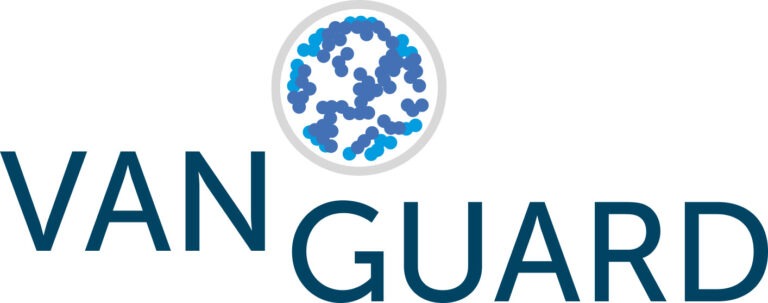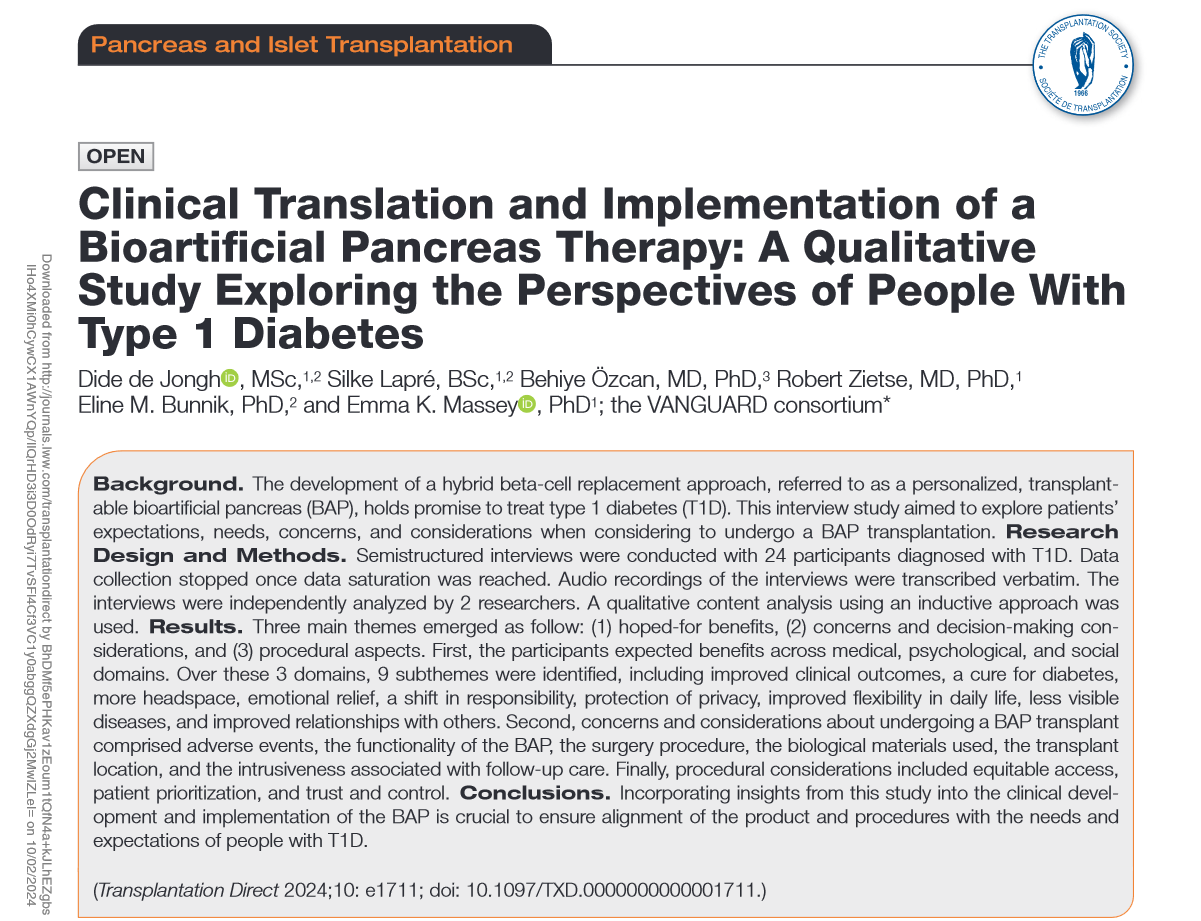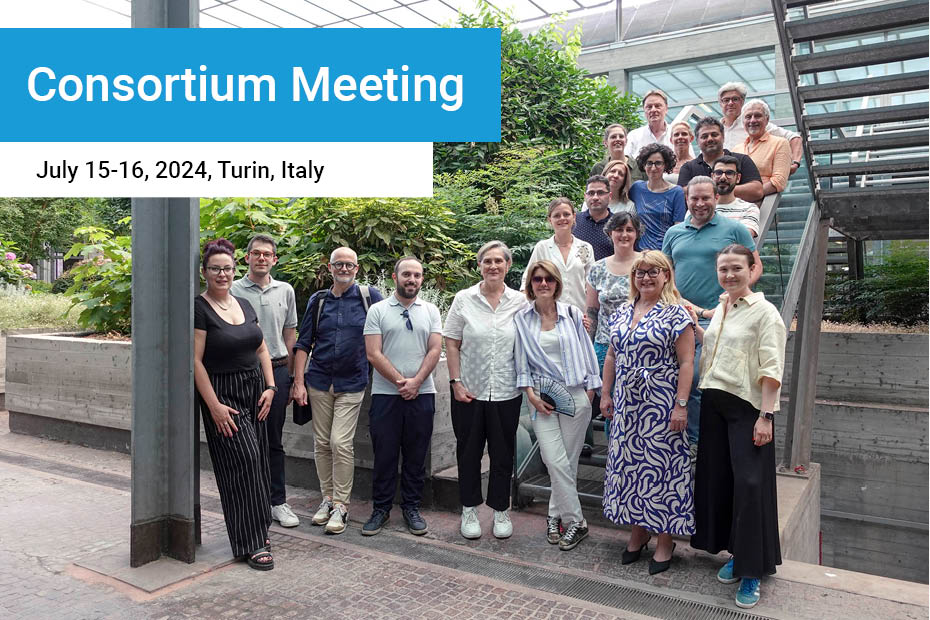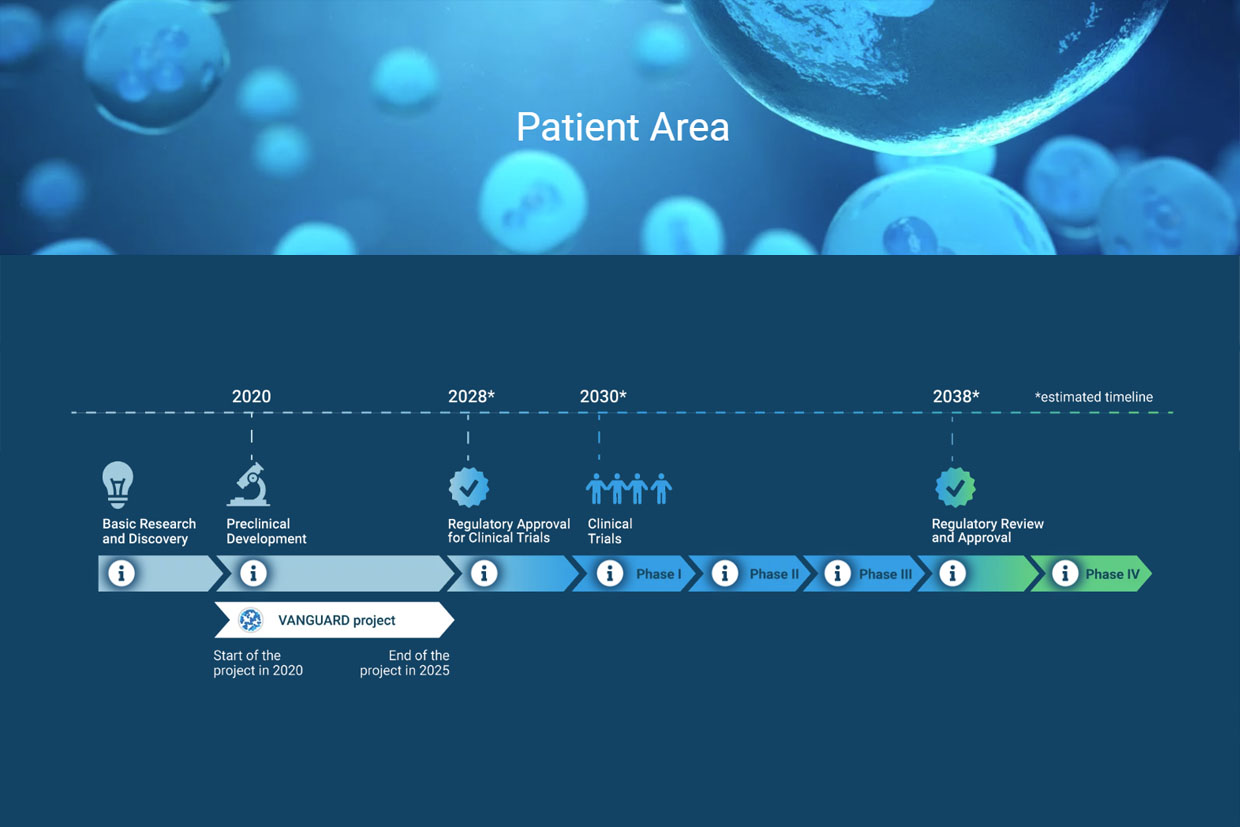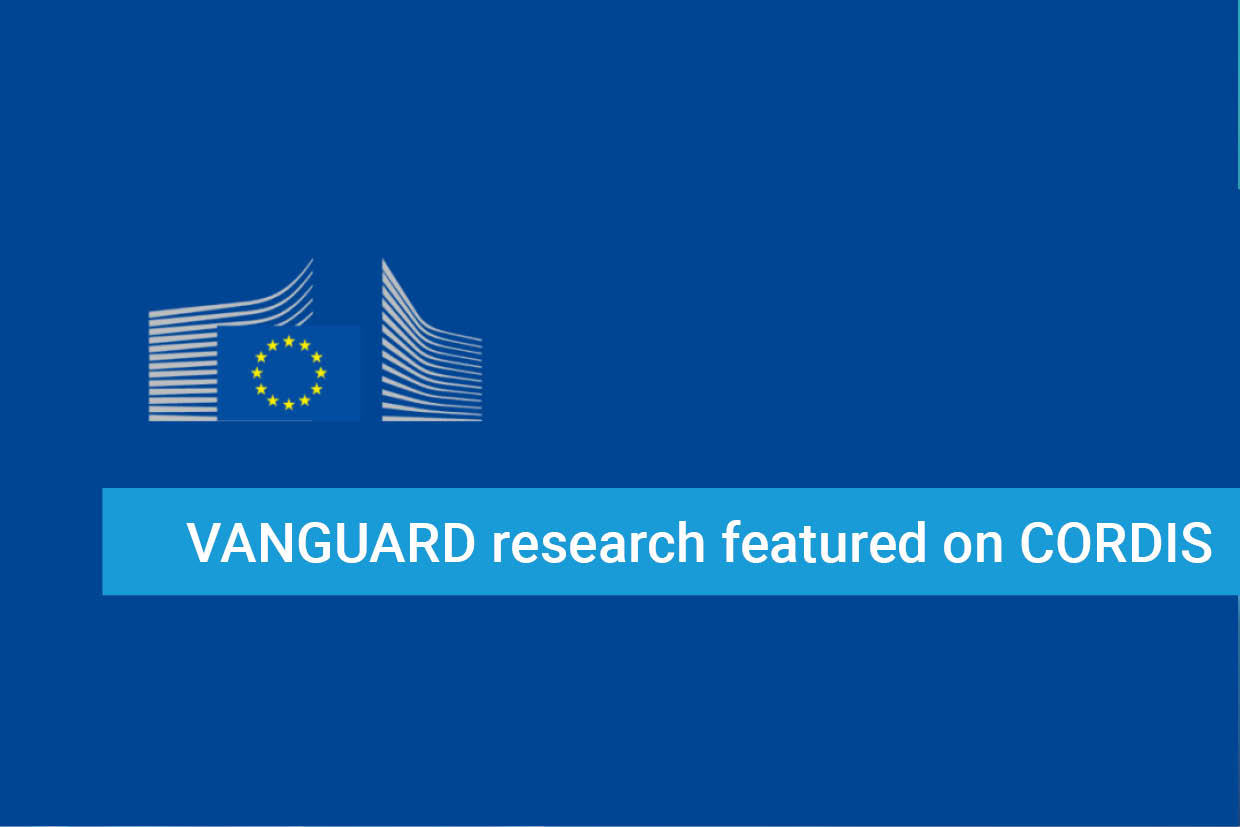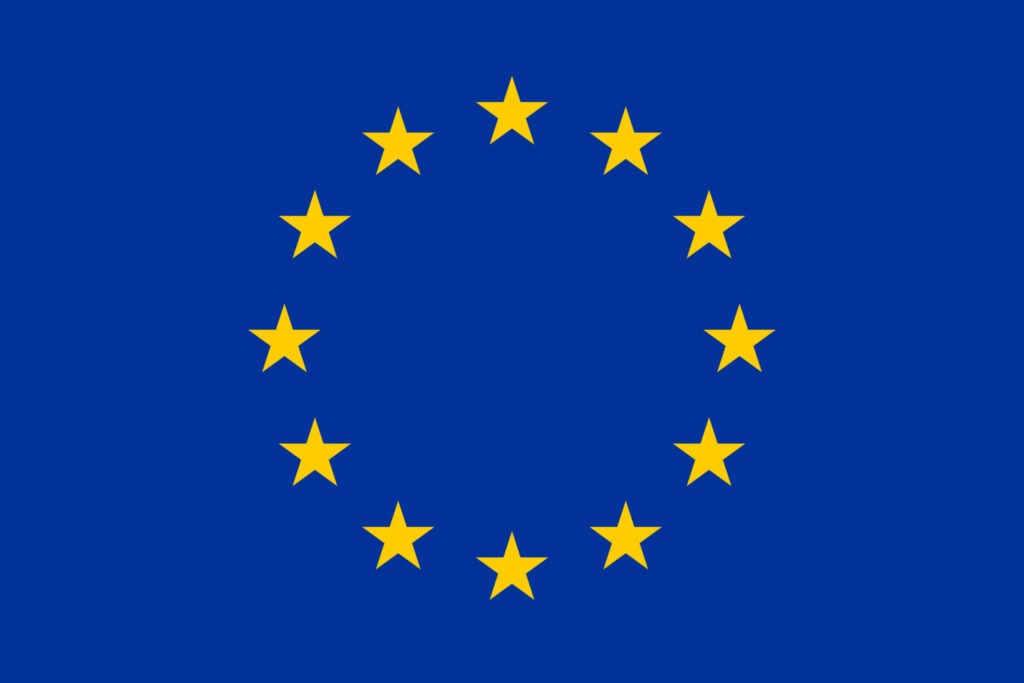
European Researchers’ Night 2024 – A Celebration of Shared Knowledge
On 27th September, VANGUARD partners from the University of Eastern Piedmont (UPO) took part in the European Researchers’ Night 2024, the largest science outreach event in Europe. Held at the Department of Science and Technological Innovation in Alexandria, the XIX
